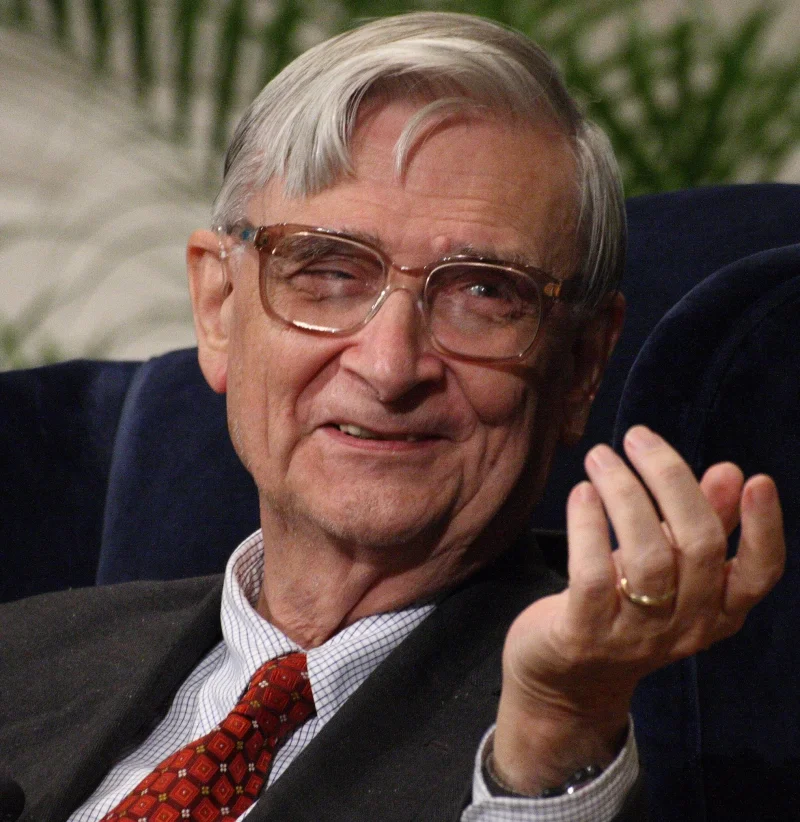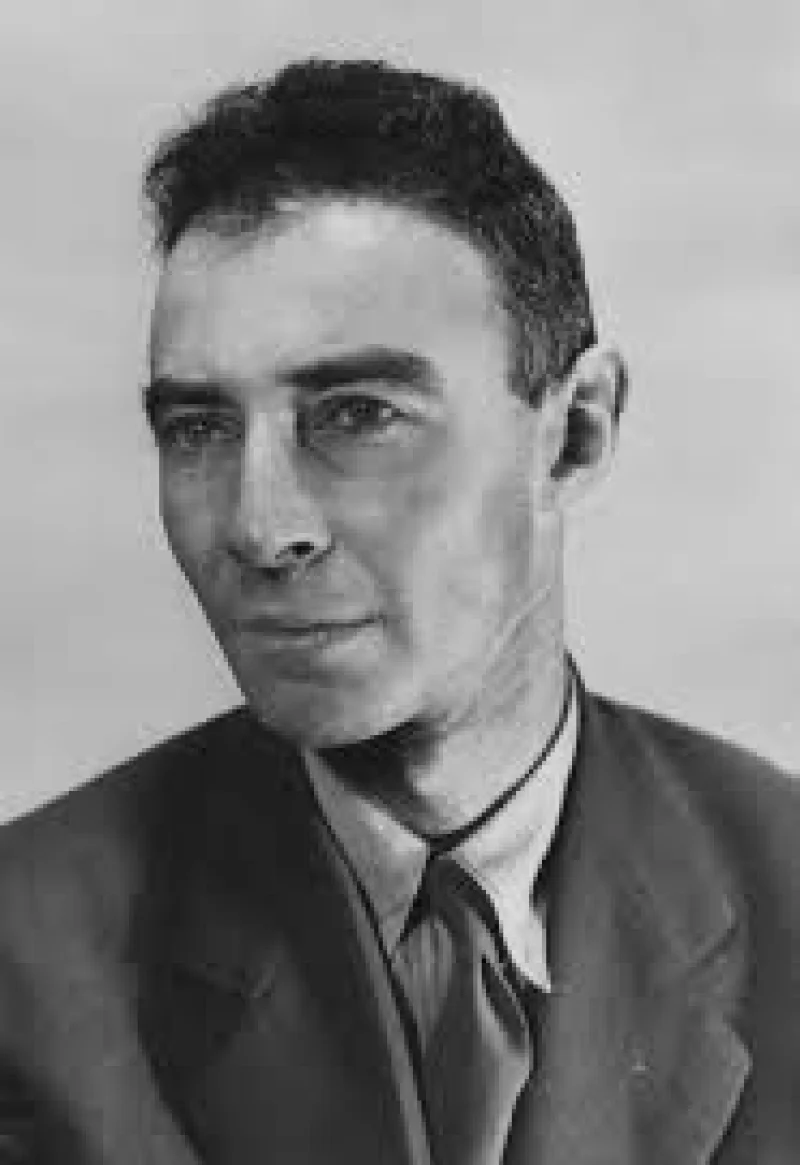Short Summary
Franz Boas was a pioneering figure in anthropology, known for establishing it as a rigorous scientific discipline in the United States. His robust critique of racial determinism and advocacy for cultural relativism transformed the study of human societies. Boas is celebrated for his fieldwork with Indigenous peoples of the Pacific Northwest and his steadfast commitment to understanding cultures on their own terms. His work laid the foundation for modern anthropology and influenced generations of anthropologists.
Early Life & Education
Franz Boas was born on July 9, 1858, in Minden, Westphalia, Germany, into a liberal Jewish family. From a young age, he exhibited a keen interest in natural sciences and humanities, encouraged by his parents' progressive views. Boas pursued higher education at the University of Heidelberg, later transferring to the University of Bonn and eventually earning a doctorate in physics at the University of Kiel. His early exposure to diverse academic disciplines cultivated his interdisciplinary approach to anthropology, blending rigorous scientific methods with a deep appreciation for cultural diversity.
Career Highlights
Boas began his career with a focus on geography, conducting fieldwork in the Arctic with the Inuit, which shifted his interest towards cultural studies. In 1896, he joined Columbia University, where he established the first Ph.D. program in anthropology in the United States. Boas conducted extensive fieldwork with Indigenous groups in the Pacific Northwest, gathering vast amounts of linguistic and cultural data. His tenure at Columbia saw him mentor numerous influential anthropologists, spreading his vision of cultural relativism and shaping the discipline's future direction.
Major Achievements
- Developed the concept of cultural relativism, challenging ethnocentric views and promoting the idea that cultures should be understood based on their own values and norms.
- Conducted pioneering ethnographic fieldwork with Indigenous peoples, crucially documenting their languages and cultures.
- Founded the first anthropology department in the United States at Columbia University, setting high academic standards for the discipline.
- Authored numerous influential texts, including "The Mind of Primitive Man," which critiqued racial determinism.
Famous Quotes
- "Culture embraces all the manifestations of social behavior of a community."
- "The aim of anthropology is to understand the steps by which man has come to be what he is."
Interesting Facts
- Boas was initially trained in physics before transitioning to anthropology.
- He was a vocal opponent of racist ideologies and eugenics, advocating for the equality of all cultures.
- Boas faced significant opposition for his progressive views during his career, yet persevered in promoting cultural understanding.
- He was instrumental in establishing the American Anthropological Association.
Legacy / Influence
Franz Boas left an indelible mark on anthropology, establishing it as a scientific discipline and challenging entrenched racial and cultural biases. His advocacy for cultural relativism reshaped the way cultures are studied and understood, emphasizing respect and empathy. Boas inspired countless students and scholars, ensuring his progressive ideas continued to influence the field long after his time.
FAQ
Q: Why is Franz Boas famous?
A: He is renowned for founding modern anthropology and promoting cultural relativism.
Q: What was Franz Boas' primary contribution to anthropology?
A: His concept of cultural relativism and extensive ethnographic fieldwork were his primary contributions.
Q: Where did Franz Boas conduct most of his fieldwork?
A: He conducted significant fieldwork among Indigenous peoples in the Pacific Northwest.











